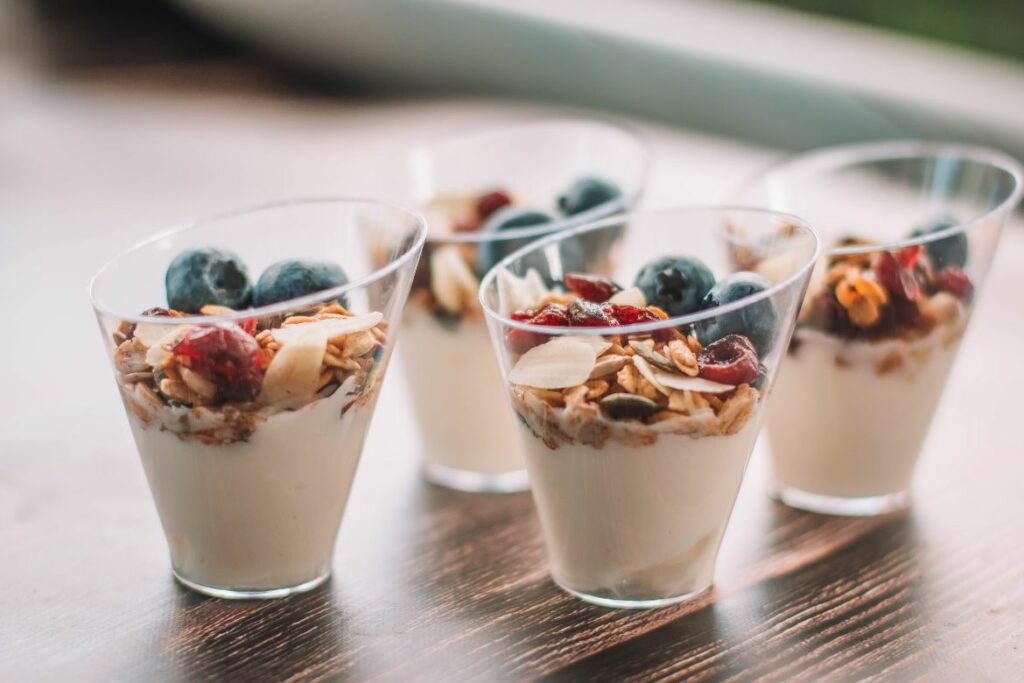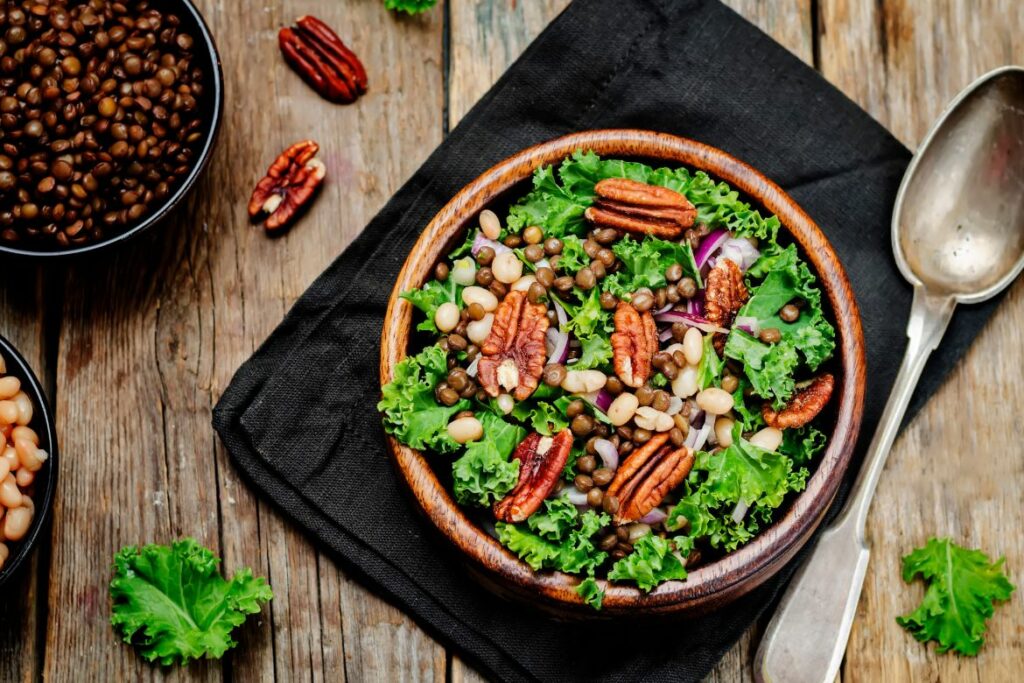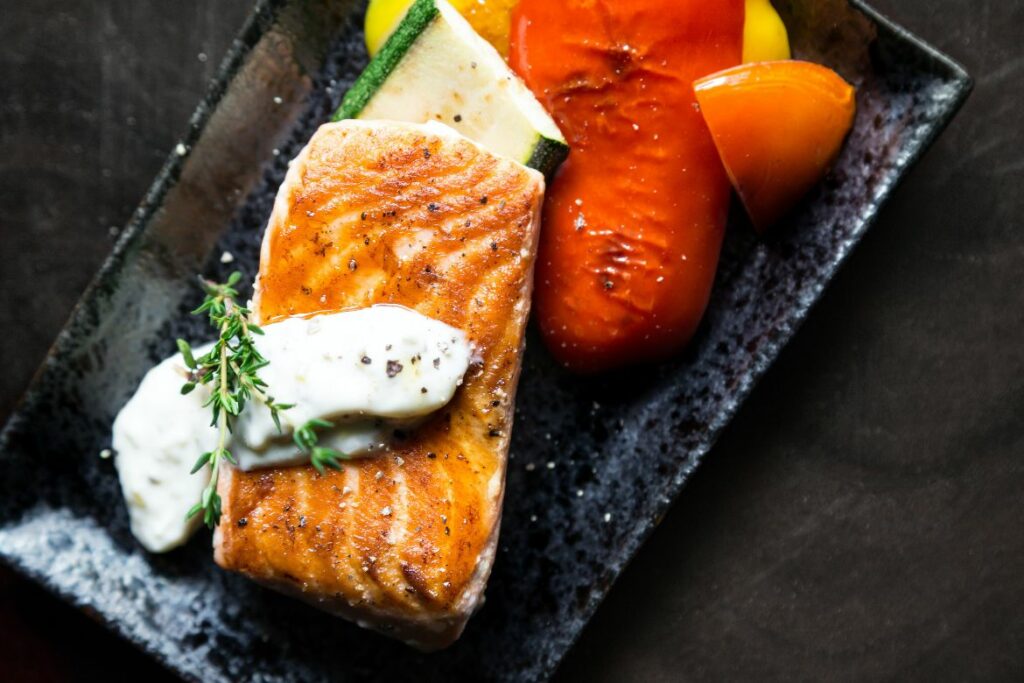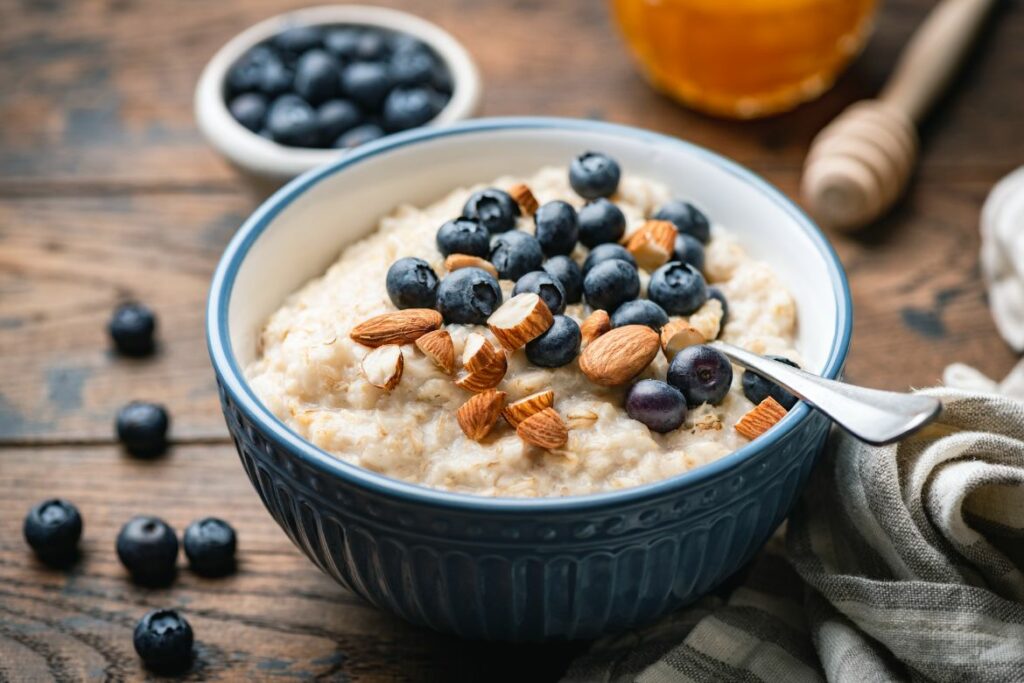In more recent years, studies have been emerging that focus on the possible connection between gut health and mental health disorders, including anxiety and depression. The microbiome makes up all microorganisms in the human body. The microbiota encompasses all the microorganisms in a particular location, such as the GI tract. These together are developed while in the womb. During this time, early nutrition can play a role in shaping the developing gut microbiota. This helps with the development of various healthy bacteria.









